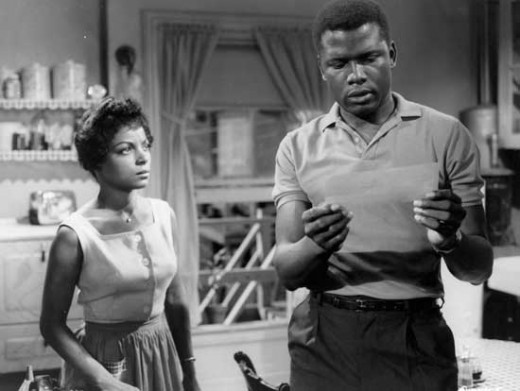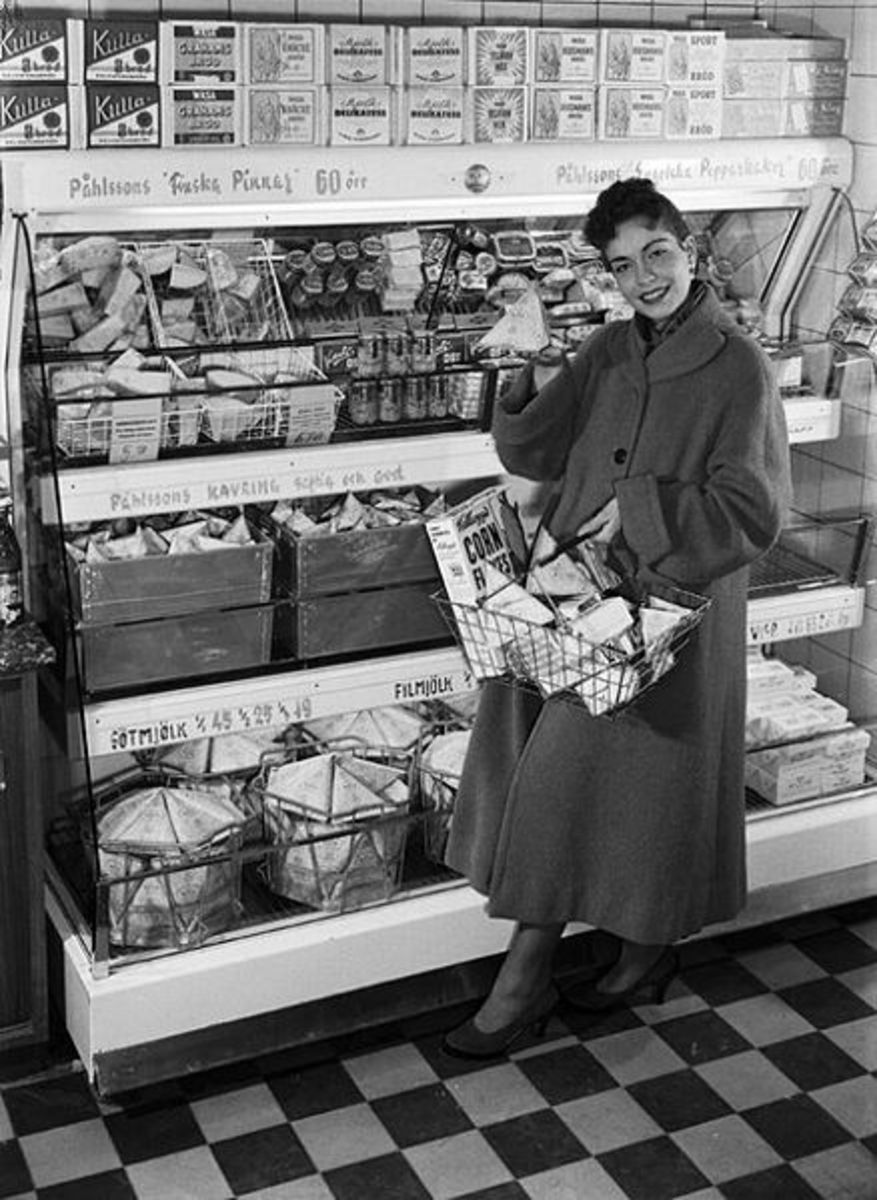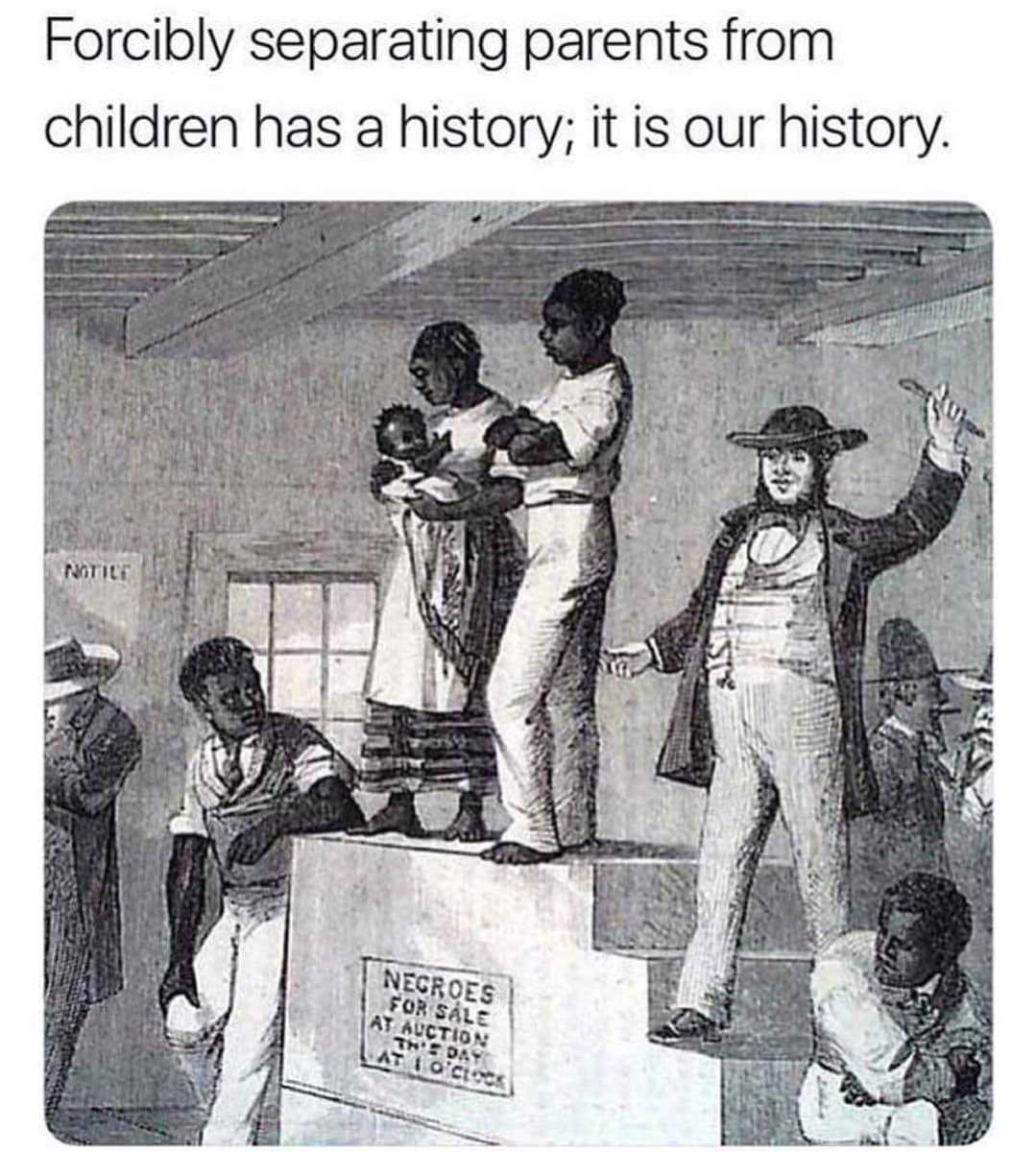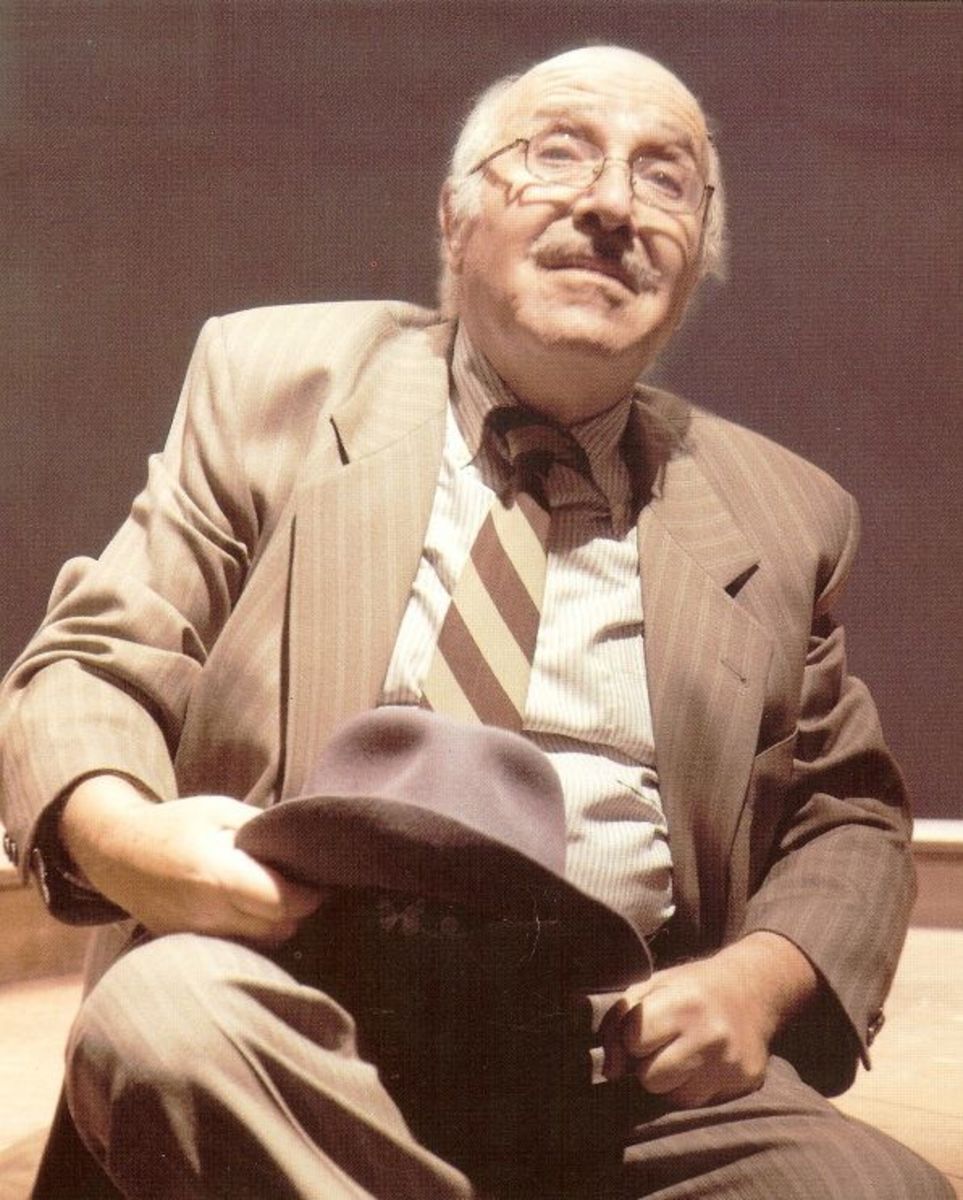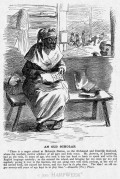Elements of A Problem Play-A Raisin In The Sun
A Raisin in the Sun portrays average Americans who are black in the 1950s – and examines how their race prevents them from achieving their dreams. Simply put, A Raisin in the Sun shows how race can mess with the American Dream. For the most part, race is a background theme in the play; which allows Hansberry to create a generally interesting story that enables readers to grasp the exact impact of race in one particular family’s life. A Raisin in the Sun is not just about race; economic class and tensions within these classes are a prominent issue all through the play. This play implies that class differences tend to be more evident amongst African-Americans than among African-Americans and whites. Regardless of wealth or education, blacks in America were discriminated against. Even wealthy African-Americans had limits on schools, housing, and careers much like the African-American's living in poverty., radical legislative and social change proves to be the only substantive solution to America's problem.
The allure of A Raisin in the Sun is the fact that the family's dreams and ambitions for a better life are not restricted to their race, but can be recognized by people of any background. Each character might have a different idea of what a "better life" means, but the main motivation is universal. The core conflict of the play lies in Walter's idea of the "American dream". Walter buys into the middle-class theorizing of materialism. In the beginning, Hansberry shows how Walter envies Charlie Atkins' dry-cleaning business because it grosses $100,000 a year. He ignores Ruth's issue of his prospective business partner's questionable character and dismisses his mother's moral issue on accomplishing his goals by operating a liquor store. The liquor store is a indicates an end, and Walter is determined for his dreams to come to realization. Hansberry challenges Walter's rough understanding of the American dream by pushing him to actually carry out the deal in front of his son. Walter's incapacity to deal with Mr. Lindner represents an important alteration of his understanding of the American dream, a dream that inevitably puts justice and equality before money.
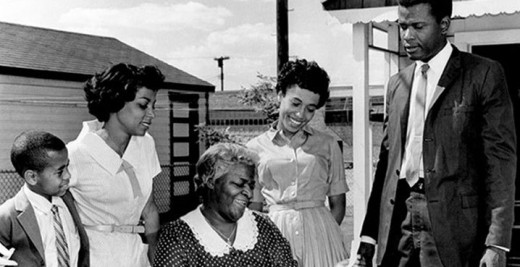
A Raisin in the Sun examines not just the tension between white and black people but also the tension within the black community as well. Hansberry’s drama asks complicated questions about identity. Hansberry also addresses feminist issues that were at the time, ahead of their time. The issues regarding race and gender relationships all lead to a larger point—that dreams are essential. Actually, Hansberry’s play concentrates mainly on dreams and how dreams effect the main characters drive and motivation. These dreams work in positive ways, by easing their minds and giving them a break from their hard work and difficult way of life, as well as in negative ways, by generating even more discontentment with their existing circumstances. For the most part, the negativity stems from the emphasis on materialistic expectations rather than on family, pride and happiness. Hansberry appears to argue that as long as people attempt to do their best for their families, they can lift each other up. A Raisin the Sun continues to be essential as a cultural document of an important era in American history as well as for the ongoing argument over racial and gender challenges.
Dreams hold a real important meaning in this play. Each character holds a unique dream, which have long been postponed as a result of socioeconomic limits put on the family by racism. The determination of these dreams adds to the play a consistent sense of hope, in spite of the foreshadowing of approaching challenges for the family . In 1959 much of the United States, including Chicago, continued to be racial segregated. Education, employment, and housing remained the most segregated even though the Supreme Court had overturned segregation. Set in Chicago, Hansberry’s play writes about her own life, and her family’s experience with discrimination in 1930’s Chicago. After moving to a house in an all-white neighborhood, Hansberry’s family withstood legal battles and physical threats.
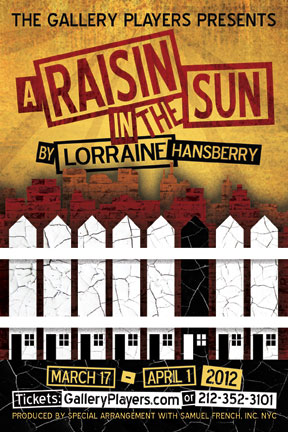
A Raisin in the Sun anticipates the significant changes in gender relationships – principally, the increase of feminism and the Sexual Revolution – that would change American life in the 1960s. Hansberry examines debatable issues like abortion (which was illegal in 1959), marriage, and the change of gender roles for women and men. Each of the Youngers takes a diverse frame of mind regarding changing gender roles, and the characters’ point of views sheds light on their identities. Beneatha, who Hansberry said was partially based on herself, retains the most modern day views, following her dream to become a doctor which, at the time was a male-dominated profession. Beneatha’s brother, Walter Lee, continuously criticizes his sister’s desire to become a doctor (Sherrod 2006), indicating that she instead should find a husband and settle down. Beneatha’s belief of her advanced view of the world emphasizes her distinctive type of vitality, possibly also offering as a secondary reflection of Hansberry’s personal thoughts.
Money produces a continuing reason for conflict and preoccupation in the Younger household.. The Younger family view money in various ways, with Mama, Beneatha, and Ruth visualizes money as a means to an end while Walter imagines the money as an end in itself. Mama sees the insurance payment as a way to accomplish her dream of owning a house, which represents her longing for an escape from racism and prejudice. In the same way, Beneatha dreams of the money as a way to fund her schooling, which represents her desire to defeat racism and sexism.
The appeal of the play is that it examines the African American identity, social status, and racial struggles in combination with the complexities of human nature. Throughout Hansberry's brief life, she took every opportunity to be innovative not just in her actions in everyday life, but through her writing as well (The Art of Social Criticism, 2003).
The harsh reality of the play is that regardless of the recognition of the family's dream of a new house, the newspaper stories about black homes being bombed, the attacks upon black families discussed by Mrs. Johnson, and the rude attitudes of the new neighborhood's welcoming committee guarantees that their battles are far from over. Hansberry is able to deal with issues of racism and discrimination while keeping a thoughtful story about a family, apart from race, fighting against poverty. Throughout A Raisin In The Sun, Hansberry expresses her own longing to see blacks achieve in the world and flourish. The number of black people who own their own businesses has significantly increased since 1959, this concludes Hansberry's accurate view of
